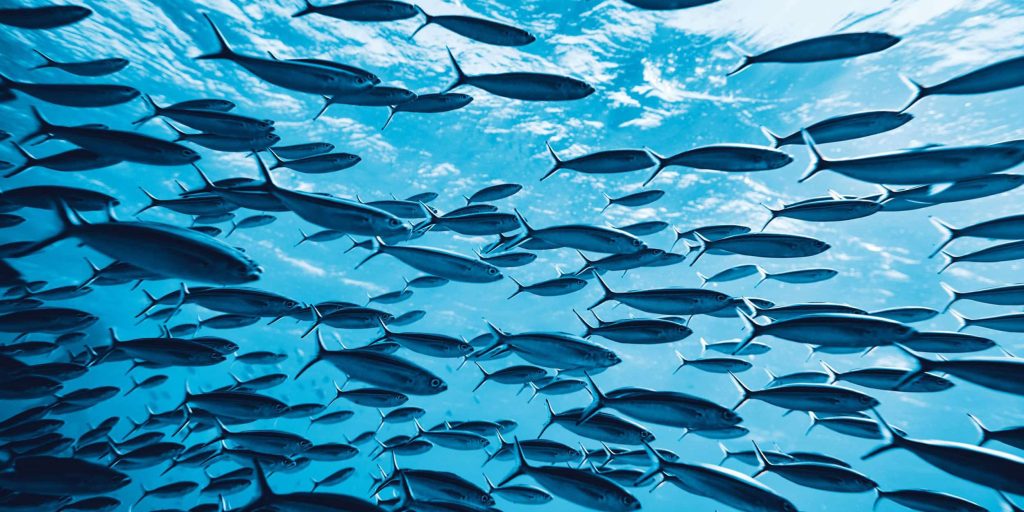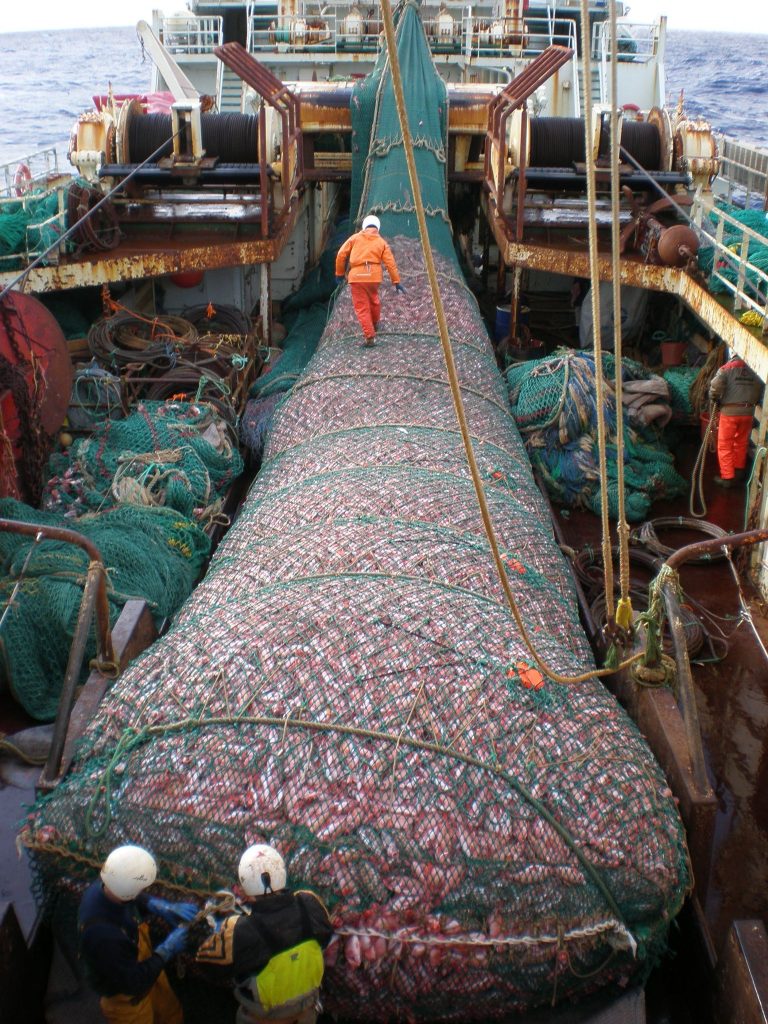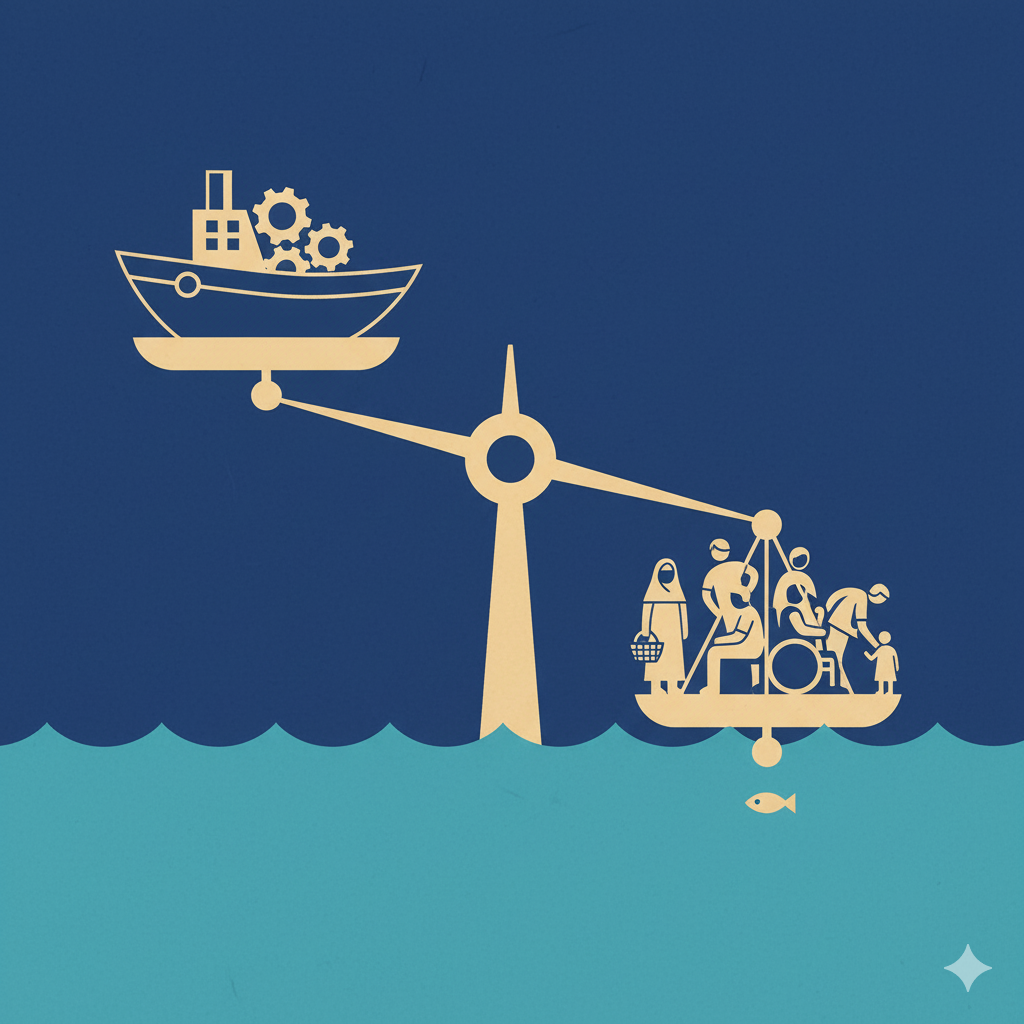As Southeast Asia embraces the “blue economy,” a vision of a sustainable economy built on socially and environmentally just oceans and waterways, the promise of new jobs and sustainable livelihoods is undeniable. Yet beneath this promise lie urgent questions: Who benefits from these transitions, and who risks being left behind?
Climate change is already reshaping labour markets. Rising sea levels, extreme weather, and declining fish stocks are disrupting traditional livelihoods, particularly for small-scale fishers and aquaculture workers. Over one-third of the world’s fish stocks are overexploited, yet globally, the fishing workforce has grown to nearly 60 million people, 84% of them in Asia. The Intergovernmental Science-Policy Platform on Biodiversity and Ecosystem Services (IPBES) reports that if unsustainable fishing practices continue, there could be no exploitable fish stocks left by as early as 2048 in Asia Pacific. For life at sea and a growing workforce competing over a shrinking resource base, sustainability is a survival imperative.

International governance standards provide a critical foundation for ensuring that the blue economy develops in ways that are equitable, sustainable, and inclusive. The United Nations Convention on the Law of the Sea (UNCLOS) establishes the overarching legal framework for the governance of the oceans, setting out the rights and responsibilities of States in managing marine resources and protecting the marine environment. Complementary standards developed by the International Maritime Organization (IMO) regulate safety at sea and marine pollution, while the Food and Agriculture Organization (FAO) sets out codes of conduct for responsible fisheries. Together with the Sustainable Development Goals, particularly Goal 14 on Life Below Water and Goal 8 on Decent Work, these frameworks provide a global benchmark for balancing ecological stewardship with social justice. Alignment with these standards helps ensure that national policies and private investment in the blue economy avoid a race to the bottom, and instead uphold obligations to both people and planet.

For workers, shifting employment patterns are rarely neutral and will take place from an already stratified labour market. Women remain concentrated in low-paid, insecure processing roles, while men dominate offshore work. Persons with disabilities, LGBTQI+ workers, and ethnic minorities often encounter barriers to equal participation, from discrimination in recruitment to the absence of inclusive workplace protections. Migrant men are exposed to exploitative conditions in hyper-masculine fishing environments; migrant women face persistent wage gaps and harassment. Without safeguards, the most marginalised are left most vulnerable. The evolving impacts of climate change and resource depletion will only deepen inequities. Disasters, declining resources, blue grabbing, and shifts in global demand risk compounding existing exclusions further marginalising those already at the edges of the labour market.
Labour rights in the blue economy are guided by international standards established through the International Labour Organization (ILO). The Work in Fishing Convention, 2007 (No. 188) sets minimum requirements for conditions of work on board fishing vessels, including occupational safety, medical care, and written work agreements. The Forced Labour Convention, 1930 (No. 29), its 2014 Protocol, and the Abolition of Forced Labour Convention, 1957 (No. 105) provide binding commitments to eliminate trafficking and forced labour, which remain pressing concerns in maritime industries. ILO’s General Principles and Operational Guidelines for Fair Recruitment further support protection for migrant workers, many of whom face deception and exploitative practices which can be tantamount to trafficking. Ensuring ratification, enforcement, and monitoring of legal instruments across Southeast Asia is essential if the blue economy is to grow without reproducing patterns of exploitation.

The links between decent work and environmental sustainability cannot be overstated. Overfishing, illegal and unreported fishing, and exploitative labour practices are mutually reinforcing: unsustainable extraction depletes resources and drives down wages, while poor working conditions erode the capacity of workers and communities to support conservation. By contrast, decent work characterised by safety, fair pay, freedom of association and social protections empowers workers to act as stewards of the ecosystems on which their livelihoods depend. Embedding decent work principles into blue economy strategies therefore ensures that environmental sustainability and social justice advance together, rather than being traded off against each other.
Equity, sustainability, and intersectionality must be treated as central pillars of resilience. Practical measures could include peer-learning networks for marginalised workers, stronger grievance mechanisms, and investment in inclusive training that reaches women, LGBTQI+ people, and persons with disabilities.
If the blue economy is to endure, we must balance ecological survival with social justice. Otherwise, the very communities most dependent on oceans for survival will remain stranded on its rising margins.
For more from Willowflow, check us out here we provide technical services in hard to reach places.






